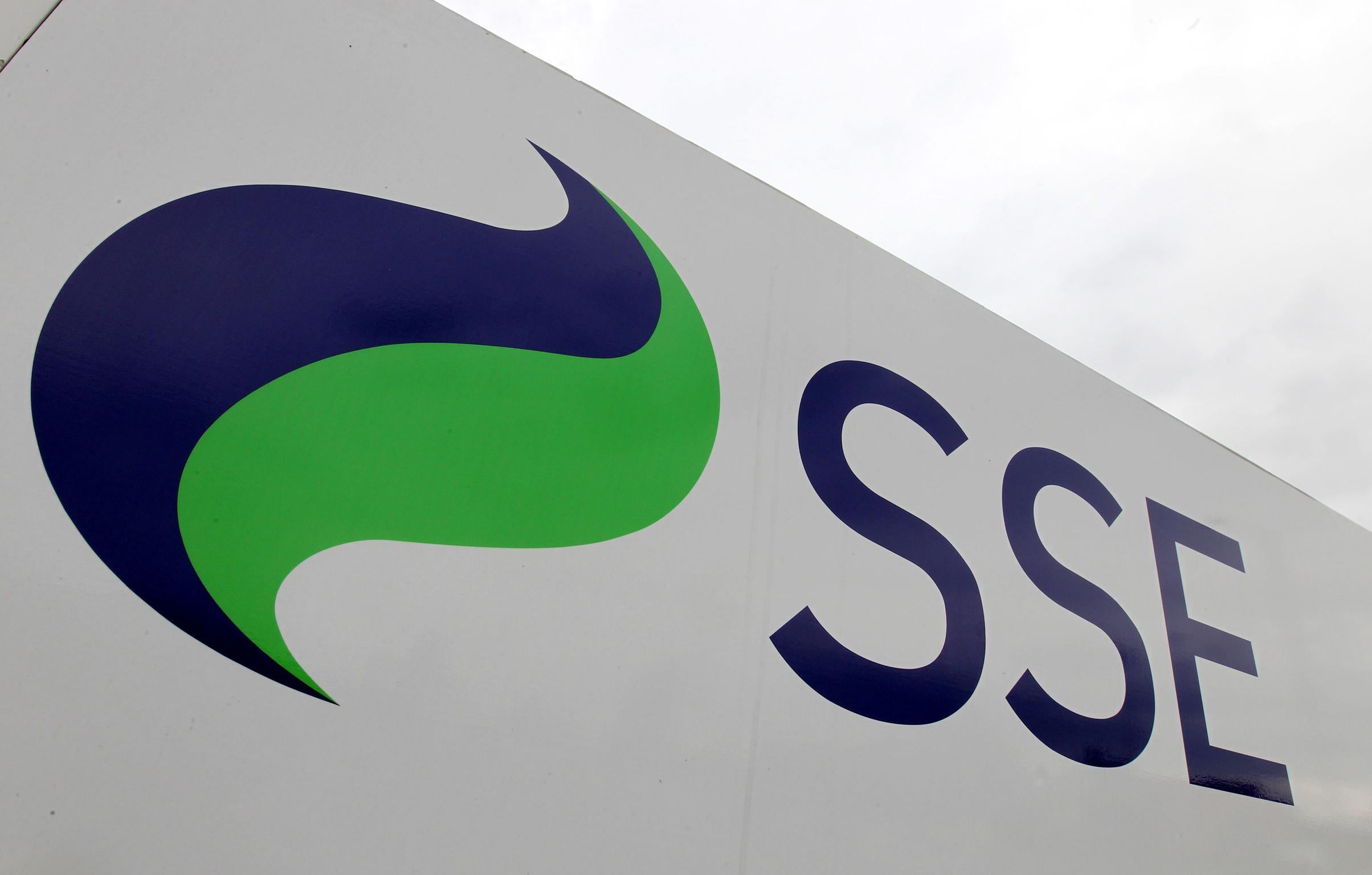SSE chief executive Alistair Phillips-Davies gets 72% pay rise weeks after arguing against cap on bills
Last winter, the company increased prices for the 91 per cent of its customers

Weeks after arguing against customers having their energy bills capped, the chief executive of one the UK’s biggest energy companies has been given a 72 per cent pay rise.
After a “robust performance” by SSE last year, Alistair Phillips-Davies will receive the maximum possible bonuses of £2.92.m in 2017.
He was paid a base salary of £844,000, and a £910,000 annual bonus – more than double the year before.
He also received a long-term incentive payout of £644,000, benefits of £25,000 and £502,000 for his pension.
It is larger than the 40 per cent rise given to Iain Conn, the chief executive of British Gas owner Centrica, which led to a revolt from shareholders. Overall, 33 per cent of investors failed to back the energy supplier’s remuneration policy at its annual meeting in April.
News of Mr Phillips-Davies’ financial package came just after a month after he argued against a cap on customers energy bills in an article for The Telegraph.
“As a major energy supplier we believe customers’ best interests is served by competition, not caps,” he wrote.
He added that a badly designed intervention by government “could risk restricting customers’ choice of products, damage competition or limit people’s desire to switch”.
SSE defended his pay increase, which was revealed in the company’s annual report.
“We recognise executives are paid substantial sums in line with their responsibilities, but at SSE executive remuneration is strongly linked to performance and length of service and the company has been and always will be disciplined in its approach to pay. We would encourage people to read the remuneration report in full,” it said in a statement.
Last winter, the company increased prices for the 91 per cent of its customers on standard variable tariffs by 6.9% or £69 a year.
It blamed on increasing wholesale costs and government policy costs.
Subscribe to Independent Premium to bookmark this article
Want to bookmark your favourite articles and stories to read or reference later? Start your Independent Premium subscription today.





Join our commenting forum
Join thought-provoking conversations, follow other Independent readers and see their replies
Comments